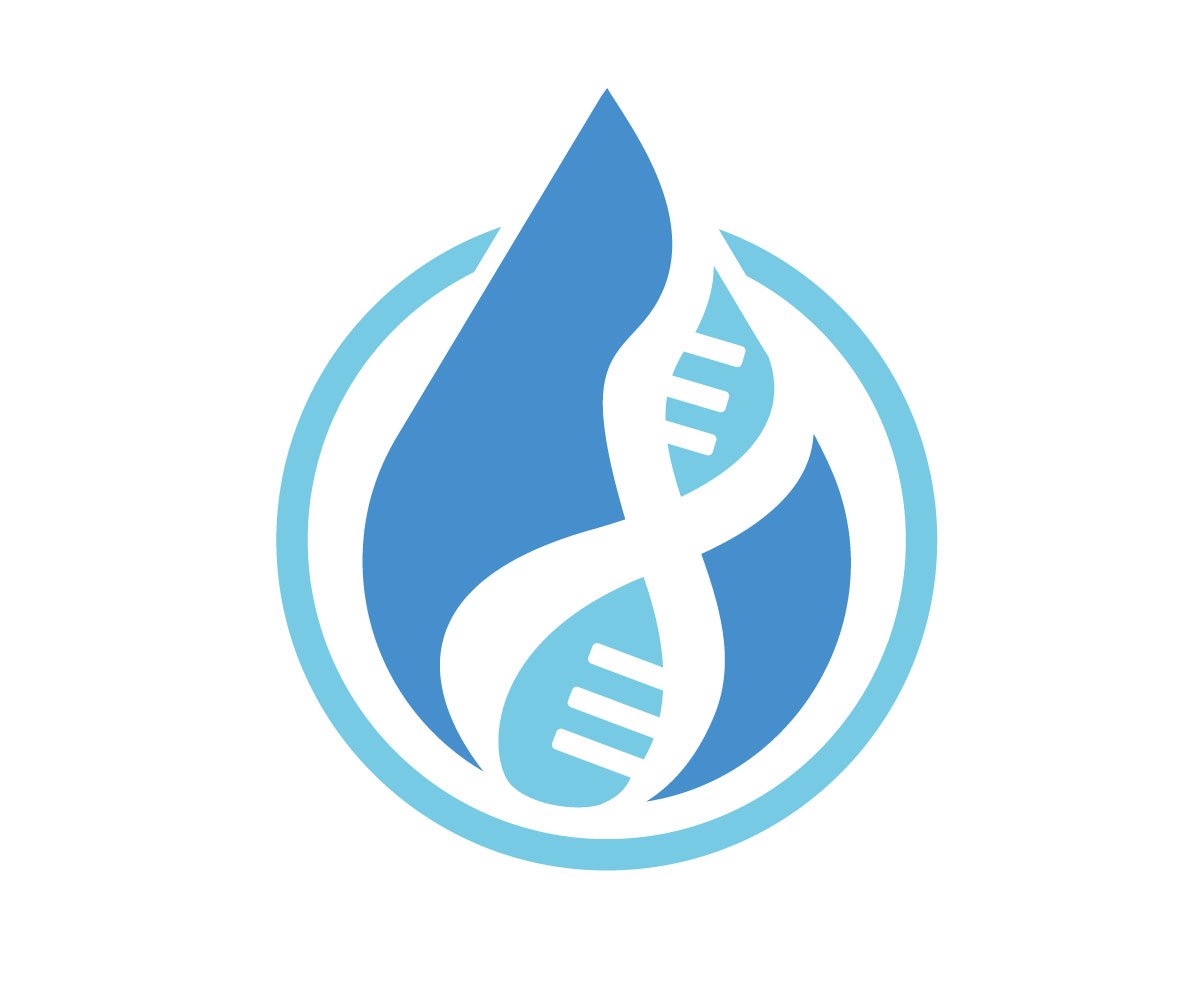How birth certificates and DNA testing help adoptees on a bio family search
Adopted and interested in starting a search? We’ve gathered more detailed information for you here and identified places to go for more. Two paths—the DNA-first route and the records-first route—are the main paths adoptees use today to begin a search for biological relatives.
Sign up to read this post
Join Now

